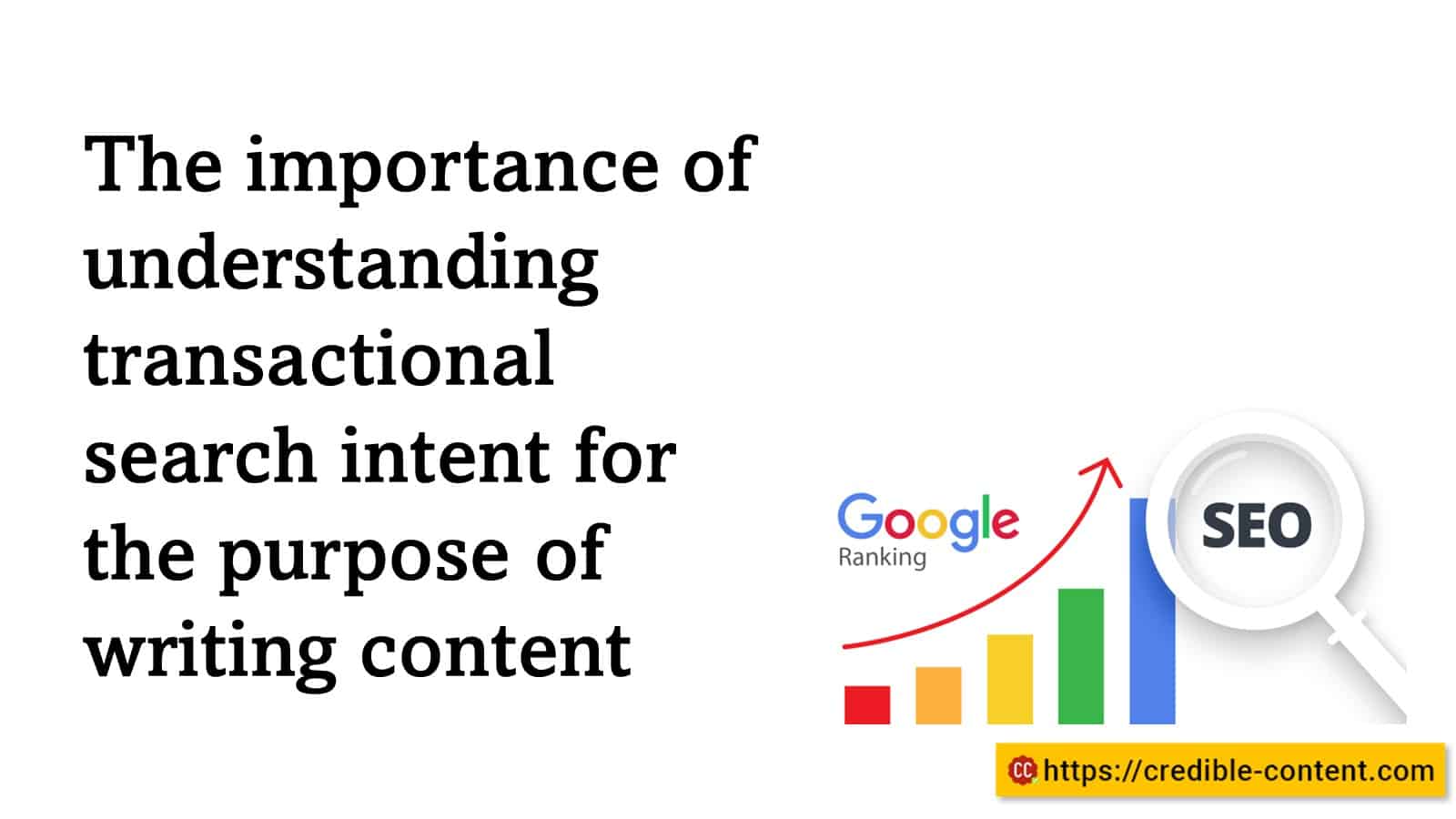The Hosting Insight
Your go-to source for the latest in web hosting news and tips.
Search Intent: The Secret Life of Your Google's Queries
Unlock the hidden meaning behind your Google searches and discover how search intent can transform your online success!
Understanding Search Intent: How Google's Queries Reveal User Motivation
Understanding search intent is crucial for anyone looking to optimize their content for SEO. Search intent refers to the underlying motivation behind a user's query, and it can be broadly categorized into four types: informational, navigational, transactional, and commercial investigation. Each type represents a different goal that users have when they enter their queries into Google. For instance, someone searching for 'how to bake a cake' is looking for instructions (informational), while another user searching for 'buy chocolate cake online' is ready to make a purchase (transactional). By recognizing these nuances, content creators can tailor their articles to meet the specific needs of their audience.
Google's algorithms are designed to interpret user motivation, allowing them to deliver the most relevant results for each query. This is where understanding search intent becomes invaluable for SEO. For example, if a website is optimized for keywords that align with transactional intent but attracts users primarily interested in general information, it may miss the mark in conversions. Additionally, employing keyword research tools helps identify the intent behind various queries and allows marketers to craft content that not only answers users' questions but also aligns with their intent. As a result, focusing on search intent can significantly enhance user engagement and drive organic traffic to your site.

Decoding User Queries: What Google Knows About Your Search Intent
Understanding search intent is crucial for creating content that resonates with users and ranks well in Google’s search results. Google employs complex algorithms and machine learning techniques to decode the underlying motives behind user queries. By interpreting whether a query is informational, navigational, transactional, or commercial, Google can deliver tailored results that align with what the user is truly looking for. For instance, a search for 'best running shoes' indicates a desire for product comparison and reviews, while a query like 'how to tie running shoes' suggests the user is seeking instructions.
To effectively address various types of search intent, content creators should focus on optimizing their articles with relevant keywords, providing comprehensive answers, and utilizing well-structured formats such as lists or subheadings. Additionally, it’s important to incorporate user-friendly elements like FAQs and visual aids to enhance engagement and understanding. By tailoring content to match the search intent accurately, bloggers and marketers not only improve their chances of ranking higher on Google but also foster a more satisfying experience for their audience, ultimately driving traffic and retention.
The Psychology Behind Search: Why Your Google Queries Matter
Understanding the psychology behind search can significantly enhance the way we approach online content creation. When users turn to Google, they are often navigating a complex web of emotions and motivations. From seeking information to finding solutions for personal issues, each query reveals a glimpse into the user's mindset. This underlying psychology not only influences the choice of words but also dictates the intent behind the search, whether it be for research, shopping, or troubleshooting. By recognizing these patterns, content creators can tailor their material to align more closely with user intent, thereby increasing engagement and satisfaction.
Moreover, the design of search engines like Google plays a crucial role in shaping user behavior. The instant gratification culture prevalent today means searchers expect quick answers, which influences what they type into the search bar. Understanding the importance of concise and relevant content is essential for capturing attention in this fast-paced environment. Content that resonates with user expectations—be it through clear information, engaging visuals, or relatable narratives—has a higher chance of ranking well and attracting traffic. Thus, recognizing the psychology behind search not only helps in keyword optimization but also fosters deeper connections with the audience.